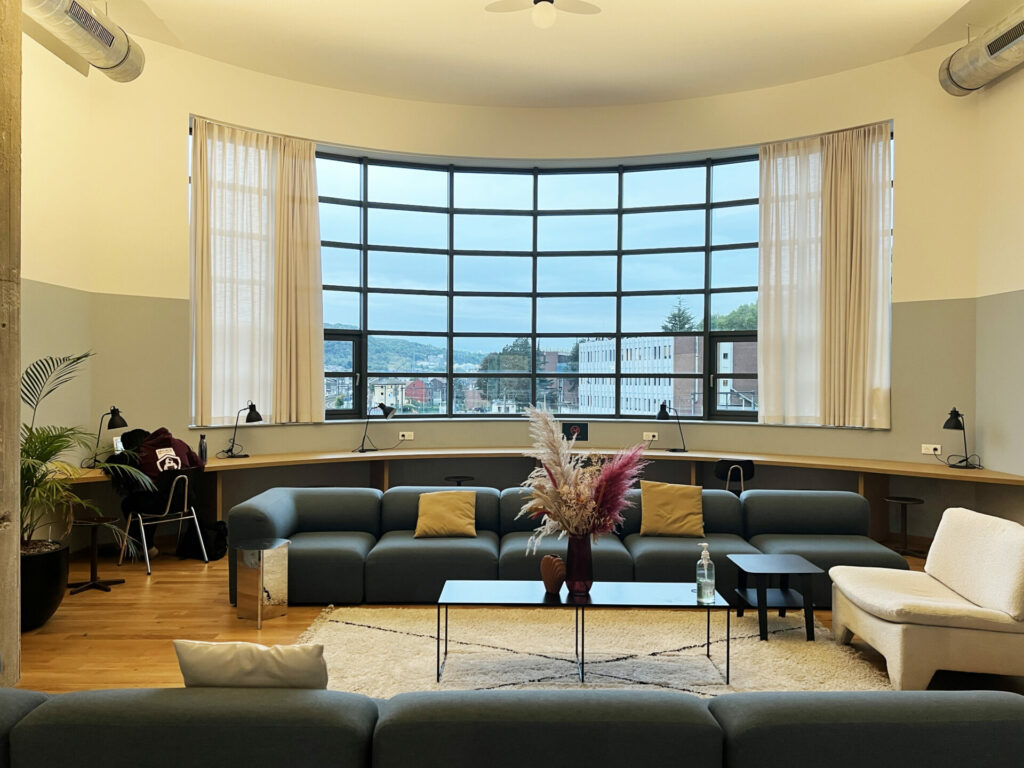The City of Brussels Council gave the green light on Monday night to a new municipal tax on "co-living," a concept which has grown in popularity and profitability in recent years.
Co-living refers to the letting, through individual leases, of private rooms in a house that is usually rented out by a third company. The house usually also includes large common areas such as living room(s), a large kitchen, as well as work areas gardens and sometimes game rooms.
These properties are usually fully furnished, making them popular among people who are living in the region on a short-term basis or are moving from abroad. According to the City's mayor, Philippe Close, this type of rental was previously exempt from any form of taxation.
In the last seven years, this concept, which is most popular among young professionals and startups, has grown from a project of one house with ten rooms to more than 2,300 available rooms, the largest proportion of which is located in the City of Brussels' territory.
Downsides to co-living
The new measure introduced by the City of Brussels as part of the budgetary work — adopted in the wake of the vote validating the 2023 budget that was announced last week — has set the tax rate at €1,520 per room per year. The annual rate, set on 1 January, will be indexed by 2.5%.
"Although this concept meets the demand for housing for a population made up mainly of young people active on the labour market or ex-pats, this type of housing has a number of negative consequences," a statement following the budget announcement read.
It referred to the nuisance these property types can cause for the inhabitants of the City of Brussels, but also for the municipality, "including the densification of neighbourhoods that has an impact on public cleanliness, waste management and the disruption of public tranquillity, which the City must guarantee for all its inhabitants."
Related News
- Property prices continue to rise though slower than inflation
- Councils can buy property to stop long-term residents getting priced out
The new tax measure will not apply to co-rental, another type of shared housing particularly popular with students, which bind several occupants to a single lease contract.
In contrast, co-living properties are managed by a third party that can provide the occupants with a range of services (including cleaning, repairs, various activities, digital assistance, etc.), without any interdependence between the different rental contracts.
State Secretary for Urbanism Pascal Smet’s Good Living policy which defines the government's approach to regional planning regulations will also include guidelines for co-living properties, mainly regarding the maximum number of rooms they can contain and the size of the living spaces.

